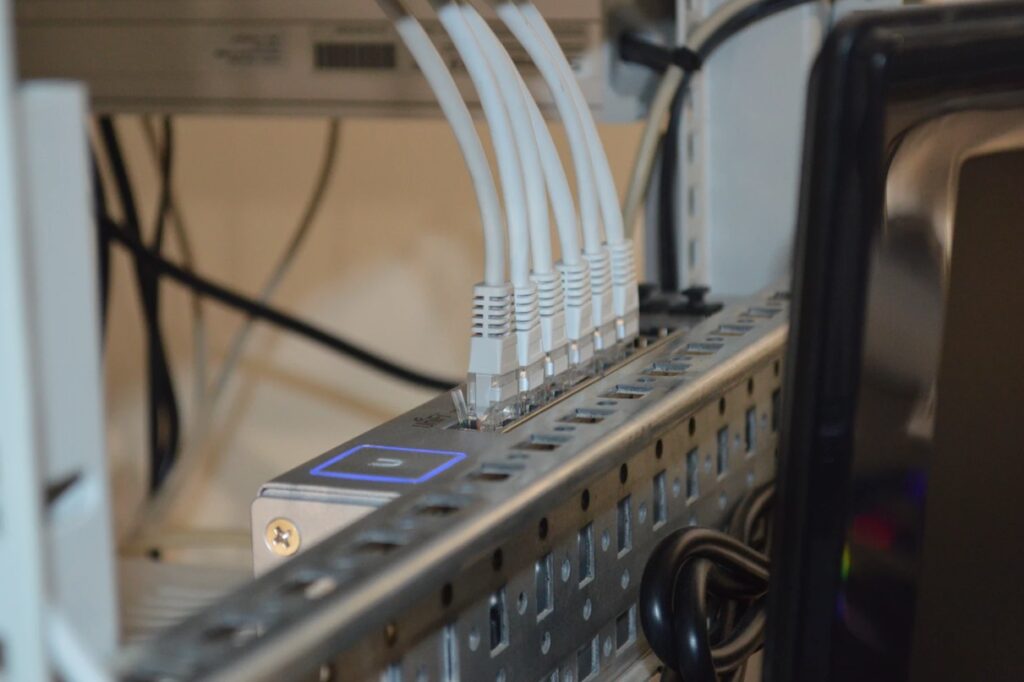Internet censorship is imperative for rationalizing the content accessed and published by the residents of a country. Internet filtering protects against criminal & terrorism activities and security threats while reinforcing social morals and norms. However, some countries have exaggerated their internet censorship. In fact, internet censorship in some countries violates the rights of the citizens.
Countries have even made companies like the iPhone-maker Apple who stand up for freedom of expression elsewhere to remove apps and content they don’t like from the App Store
Can Citizens Bypass Internet Censorship and How?
The motive behind internet censorship in most countries is often politically-driven. People in the ruling class enact internet-censorship laws to limit access to politically-sensitive content. So, is it possible to bypass internet censorship in your country? Yes, residential proxies from renowned and established providers can help you access internet-censored content.
These proxies assign your computer a new IP address, switching your connectivity from your current location to the designated location. That way, you can anonymously access forbidden and censored content in your country.
1. Eritrea
Eritrea is among the world’s poorest countries, with over 66% of its populace living below poverty lines. The country has suffered famines, drought, and wars, but its dictatorship leadership is the key pioneer behind the high poverty levels. Under Isaias Afewerki’s presidency, the Eritrean government shut down all self-regulating media in 2001. They enacted press law in Article 19 of their constitution, requiring the media to mandatorily endorse the ‘country’s motives.’
The Internet in Eritrea is government-controlled, and the state regularly sends jam signals to restrain internet access. Less than 2% of the country’s population has undisturbed access to the internet.
2. North Korea
North Korea has the most intimidating level of internet censorship. The North Korean government has completely censored its internet. Under Kim Jong-un’s presidency, North Korea has blocked VPNs, barred internet pornography, and outlawed foreign media. You can’t access message apps based outside North Korea. North Korea has limited messaging to internally-developed apps, which undergo rigorous monitoring.
In addition, North Korea implements rigorous monitoring of news and media outlets. As for internet accessibility, only people in power have the privilege to access it. They have a totally-controlled internet for institutions and schools known as Kwangmyong.
3. Vietnam
The Vietnam Constitution sanctions residents’ access to information and freedom of speech. But in reality, the country’s top officials have enacted hidden clauses to counter the law. In Vietnam, citizens don’t have the right to access political and government-related content. You can’t access any content related to human rights violations, anti-Chinese attitudes, corrupt government officials, and state administration criticism.
The Vietnam government has banned content from foreign media. Only three military and government-owned internet providers supply the internet in Vietnam. The companies prohibit access to politically-sensitive websites and content.
4. Iran
Iran is the third country with the strictest internet censorship in the world. It has banned VPNs, torrenting, and social media. When you travel to Iran, forget your social media friends unless you use proxies. The country has blocked pornography, Facebook, YouTube, and Twitter.
In addition, the Iran government has banned message apps and political media. The good news is the internet censorship in Iran is a bit lenient. You can still access some blocked content using a VPN or proxies. Iran has also blocked foreign media.
5. Ethiopia
Internet censorship in Ethiopia came when the country needed the internet the most. Yes, as one of the poorest countries in the world, Ethiopia needs the internet as much as it needs a leadership overhaul. Ethiopia’s internet censorship denies opposing blogs and human rights defenders’ access to the internet.
The government further banned access to social media sites, including Instagram, Facebook, Viber, and Twitter. The Ethiopian media doesn’t have rights to the content they share with their audience. The press undergoes rigorous government control. For that reason, most Ethiopians head to unblocked social media platforms to access critical information.
Conclusion
Internet censorship is more rampant than ever. Dictators usually have a lot to hide from those they rule and the outside world. So, they have to control access to the content that can aid the spread of the sensitive data they fight so hard to hide.
If you’re living in a country where access to information is restricted in any way, it’s time you took the move to uncover what’s hidden by your government. The easiest and cheapest way to access blocked and government-censored content is by using residential proxies!








